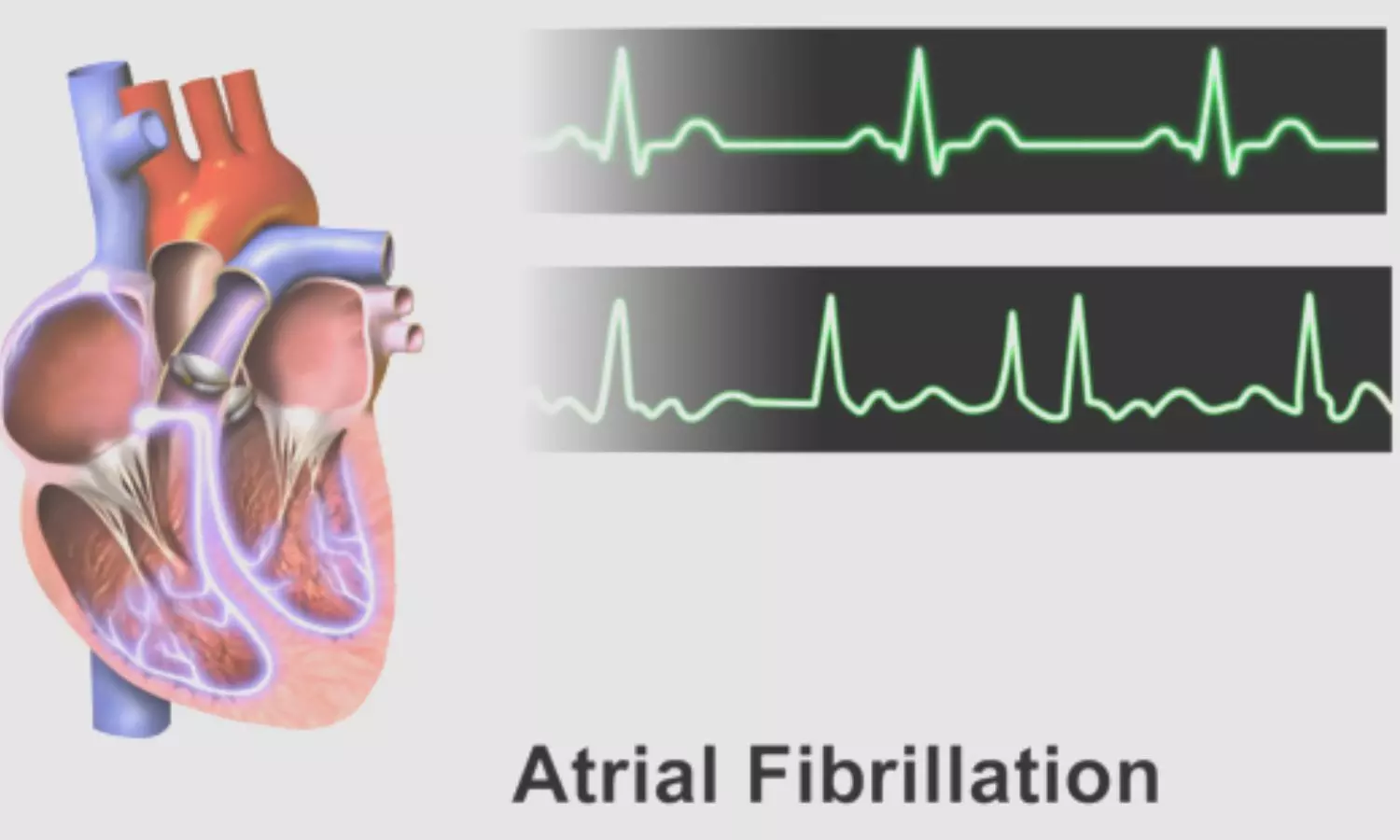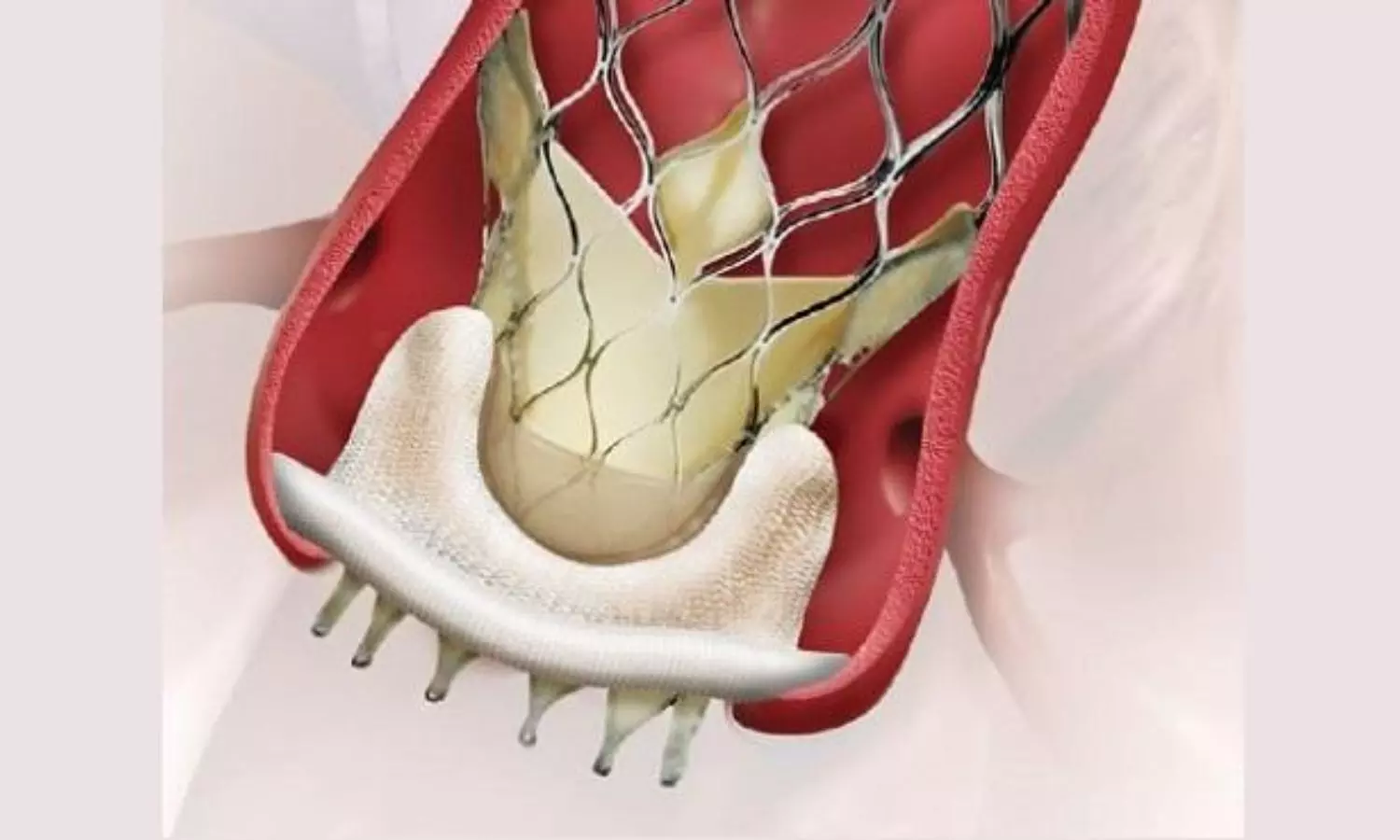- Home
- Medical news & Guidelines
- Anesthesiology
- Cardiology and CTVS
- Critical Care
- Dentistry
- Dermatology
- Diabetes and Endocrinology
- ENT
- Gastroenterology
- Medicine
- Nephrology
- Neurology
- Obstretics-Gynaecology
- Oncology
- Ophthalmology
- Orthopaedics
- Pediatrics-Neonatology
- Psychiatry
- Pulmonology
- Radiology
- Surgery
- Urology
- Laboratory Medicine
- Diet
- Nursing
- Paramedical
- Physiotherapy
- Health news
- Fact Check
- Bone Health Fact Check
- Brain Health Fact Check
- Cancer Related Fact Check
- Child Care Fact Check
- Dental and oral health fact check
- Diabetes and metabolic health fact check
- Diet and Nutrition Fact Check
- Eye and ENT Care Fact Check
- Fitness fact check
- Gut health fact check
- Heart health fact check
- Kidney health fact check
- Medical education fact check
- Men's health fact check
- Respiratory fact check
- Skin and hair care fact check
- Vaccine and Immunization fact check
- Women's health fact check
- AYUSH
- State News
- Andaman and Nicobar Islands
- Andhra Pradesh
- Arunachal Pradesh
- Assam
- Bihar
- Chandigarh
- Chattisgarh
- Dadra and Nagar Haveli
- Daman and Diu
- Delhi
- Goa
- Gujarat
- Haryana
- Himachal Pradesh
- Jammu & Kashmir
- Jharkhand
- Karnataka
- Kerala
- Ladakh
- Lakshadweep
- Madhya Pradesh
- Maharashtra
- Manipur
- Meghalaya
- Mizoram
- Nagaland
- Odisha
- Puducherry
- Punjab
- Rajasthan
- Sikkim
- Tamil Nadu
- Telangana
- Tripura
- Uttar Pradesh
- Uttrakhand
- West Bengal
- Medical Education
- Industry
Clinical effectiveness and safety of pulsed-field ablation for AF same in males and females: JAMA

Recent studies examining the impact of patient sex on clinical outcomes following traditional thermal atrial fibrillation (AF) ablation methods, like radiofrequency or cryoablation, have yielded mixed results, leading to ongoing controversies in the medical field. However, a breakthrough in the form of Pulsed Field Ablation (PFA), a novel energy modality for AF treatment, has shed new light indicating that sex does not appear to be a decisive factor in determining clinical effectiveness or safety events following PFA for AF. The study results were published in the journal JAMA Cardiology.
The influence of sex on catheter ablation outcomes in atrial fibrillation (AF) remains contentious due to divergent AF patterns between males and females. Traditional thermal ablation studies have reported conflicting results, with reasons ranging from clinical complexity to anatomical differences. Pulsed Field Ablation (PFA), a nonthermal AF treatment, boasts a unique safety profile and substantial effectiveness. The Multinational Survey on PFA (MANIFEST-PF) now provides crucial insights into the largest cohort of female PFA patients, unraveling gender-specific responses and shaping future AF treatment paradigms.
A retrospective cohort study was conducted using data from the Multinational Survey on the Methods, Efficacy, and Safety on the Postapproval Clinical Use of Pulsed Field Ablation (MANIFEST-PF) registry. The research aimed to investigate sex-based differences among patients undergoing PFA for AF, providing a comprehensive analysis of its safety and efficacy. The MANIFEST-PF registry featured consecutive patients who received PFA treatment for AF between March 2021 and May 2022, with a median follow-up of one year. This multinational registry comprised data from 24 European centers. The study enrolled patients aged 18 and above who underwent their first-ever PFA procedure for paroxysmal or persistent AF. All patients in the study received PFA for the treatment of AF. The PFA procedure included pulmonary vein isolation and additional ablation as determined by the treating physician's discretion.
Key Findings
- The study included 1568 patients with AF who underwent PFA.
- Of this cohort, 64.7% were male, and the remaining 35.3% were female.
- Female patients were found to be older, with a higher prevalence of paroxysmal AF, yet fewer comorbidities such as coronary disease, heart failure, and sleep apnea compared to their male counterparts.
- Notably, the study revealed that the primary effectiveness outcome, freedom from clinically documented atrial arrhythmia for 30 seconds or longer after a 3-month blanking period, was similar between male and female patients.
- The 1-year Kaplan-Meier estimate for freedom from atrial arrhythmia was approximately 79.0% for male patients and 76.3% for female patients, with no statistically significant difference.
- Additionally, there was no significant difference in acute major adverse events (MAEs) between the two groups, demonstrating similar safety profiles for both sexes.
The findings of this cohort study indicate that sex does not appear to be a decisive factor in determining clinical effectiveness or safety events following PFA for AF. This is a significant contribution to the ongoing discussion surrounding sex-based differences in AF treatment outcomes and paves the way for more equitable and personalized healthcare for AF patients. As PFA continues to gain prominence in the field of cardiac electrophysiology, these results provide reassurance for clinicians and patients alike, emphasizing that PFA's benefits are not gender-dependent.
Further reading: Turagam MK, Neuzil P, Schmidt B, et al. Clinical Outcomes by Sex After Pulsed Field Ablation of Atrial Fibrillation. JAMA Cardiol. Published online November 01, 2023. doi:10.1001/jamacardio.2023.3752
Dr Prem Aggarwal, (MD Medicine, DNB Medicine, DNB Cardiology) is a Cardiologist by profession and also the Co-founder and Chairman of Medical Dialogues. He focuses on news and perspectives about cardiology, and medicine related developments at Medical Dialogues. He can be reached out at drprem@medicaldialogues.in
Dr Kamal Kant Kohli-MBBS, DTCD- a chest specialist with more than 30 years of practice and a flair for writing clinical articles, Dr Kamal Kant Kohli joined Medical Dialogues as a Chief Editor of Medical News. Besides writing articles, as an editor, he proofreads and verifies all the medical content published on Medical Dialogues including those coming from journals, studies,medical conferences,guidelines etc. Email: drkohli@medicaldialogues.in. Contact no. 011-43720751




